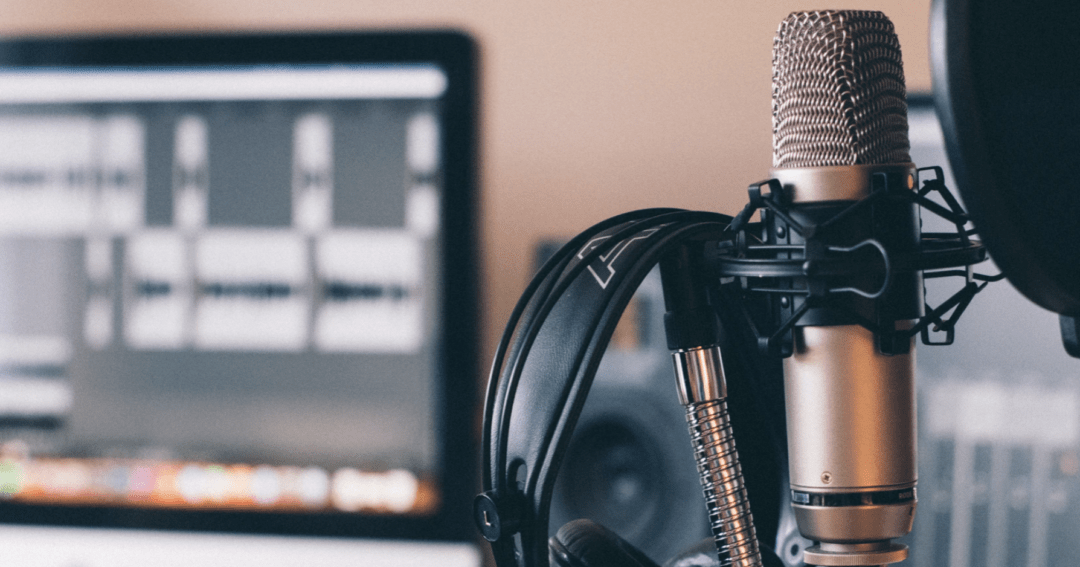On September 7, we are launching a live online program for everyone interested in Duchenne care and research. Experts are sharing their experience and knowledge about Duchenne and Becker in relation to the brain. The full program can be found below. The livestream is available with Spanish subtitles.
Details
Date: Monday September 7
Time: 9am EDT, 2pm GMT, 3pm CEST
Link: https://youtu.be/yuB_87NoxGU
The two-hour online program will be a livestream starting Monday September 7 3pm CEST. WDO Chair Elizabeth Vroom invites Prof. Mercuri, Dr. Doorenweerd, Dr. Hendriksen, Kathi Kinnett, and Prof. Muntoni to share their expertise and experience on Duchenne and Becker in relation to the brain. Next to experts in the field of DMD and BMD, we have parents explaining the impact of having a child with DMD/BMD who is experiencing learning difficulties and/or behavior problems.
Speakers
Prof. Eugenio Mercuri, pediatric neurologist Policlinico Gemelli, Rome
As a pediatric neurologist specialized in neuromuscular diseases, professor Mercuri’s areas of interest include neonatal neurology and the clinical and molecular aspects of childhood neuromuscular diseases. He will share his experience and perspective as a clinician about the impact of brain involvement in DMD/BMD.
François Lamy, DMD father from France
Father of 2 children, one of them is Luka who was diagnosed with Duchenne at an early age when he already showed differences in communicative skills. Francois explains what help they needed since then to support Luka with his behavior and learning skills.
Dr. Nathalie Doorenweerd, researcher LUMC and University of Newcastle (UK)
Most families know that the fact dystrophin is missing in the brain of individuals with Duchenne is causing problems. Dr. Doorenweerd’s research is looking into the changes in the brain and brain tissue in absence of dystrophin. She’s using techniques like MRI to measure metrics such as brain volume, and perfusion (how much blood flows through the brain) in boys with DMD and BMD.
Martha Stein Carotta Henriques, DMD mother from Brazil
Martha’s son with Duchenne muscular dystrophy was diagnosed very late. Martha will tell about their journey and explains what it means for a boy not to be understood by the outside world.
Dr. Jos Hendriksen, neuropsychologist Kempenhaeghe (NL)
Dr. Hendriksen is a pioneer and one of the most experienced clinical neuropsychologists in the field of DMD/BMD and brain involvement. For about 25 years he has been working on the subject which is the theme of this year’s WDAD. He is also the author of the handbook Neuropsychology of Duchenne, which is translated in 6 languages. He will present the different kinds of behavioural and learning issues we see in people with DMD/BMD, and how we can help them with the knowledge of today. Next to this he also pleas for standardization and dissemination of knowledge on this topic.
Kathi Kinnett, clinical care advisor PPMD (USA)
With a longstanding involvement in clinical care at PPMD USA and crowned godmother of Duchenne family guide, Kathi Kinnett is an expert in bringing people together to reach consensus on care and in translating these scientific guidelines to families. Kathi will talk about what she hears from families and what is needed to improve care regarding learning and behavioral issues.
Prof. Francesco Muntoni, pediatric neurologist GOSH, London (UK)
Professor Muntoni is pediatric neurologist and director of a leading clinical and research institution for children affected by a neuromuscular disorder. He is one of the leading clinicians and researchers in DMD and BMD in the world and is also involved in the development of new treatments for DMD. He will share his experience as clinician, researcher and as the leader of the BIND consortium. He will explain what are the next steps in order to improve the understanding of Brain involvement in Dystrophinopathies (Duchenne and Becker)
Elizabeth Vroom, chair World Duchenne Organization (NL)
Mother of a son with Duchenne muscular dystrophy. She has a longstanding interest in improving Duchenne care including earlier diagnosis, early screening for neuropsychological issues and adequate support and treatment for those affected.










